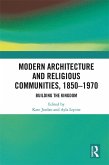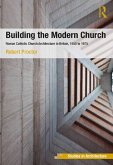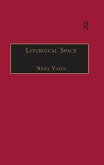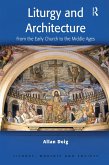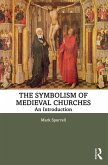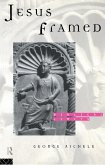In this book Allan Doig explores the interrelationship of liturgy and architecture from the early Church to the close of the Middle Ages, taking into account social, economic, technical, theological and artistic factors. These are crucial to a proper understanding of ecclesiastical architecture of all periods, and together their study illuminates the study of liturgy. Buildings and their archaeology are standing indices of human activity, and the whole matrix of meaning they present is highly revealing of the larger meaning of ritual performance within, and movement through, their space. The excavation of the mid-third-century church at Dura Europos in the Syrian desert, the grandeur of Constantine's Imperial basilicas, the influence of the great pilgrimage sites, and the marvels of soaring Gothic cathedrals, all come alive in a new way when the space is animated by the liturgy for which they were built. Reviewing the most recent research in the area, and moving the debate forward, this study will be enormously useful to the liturgist, clergy, theologians, art and architectural historians, and those interested in the conservation of ecclesiastical structures built for the liturgy.
Dieser Download kann aus rechtlichen Gründen nur mit Rechnungsadresse in A, B, BG, CY, CZ, D, DK, EW, E, FIN, F, GR, HR, H, IRL, I, LT, L, LR, M, NL, PL, P, R, S, SLO, SK ausgeliefert werden.



